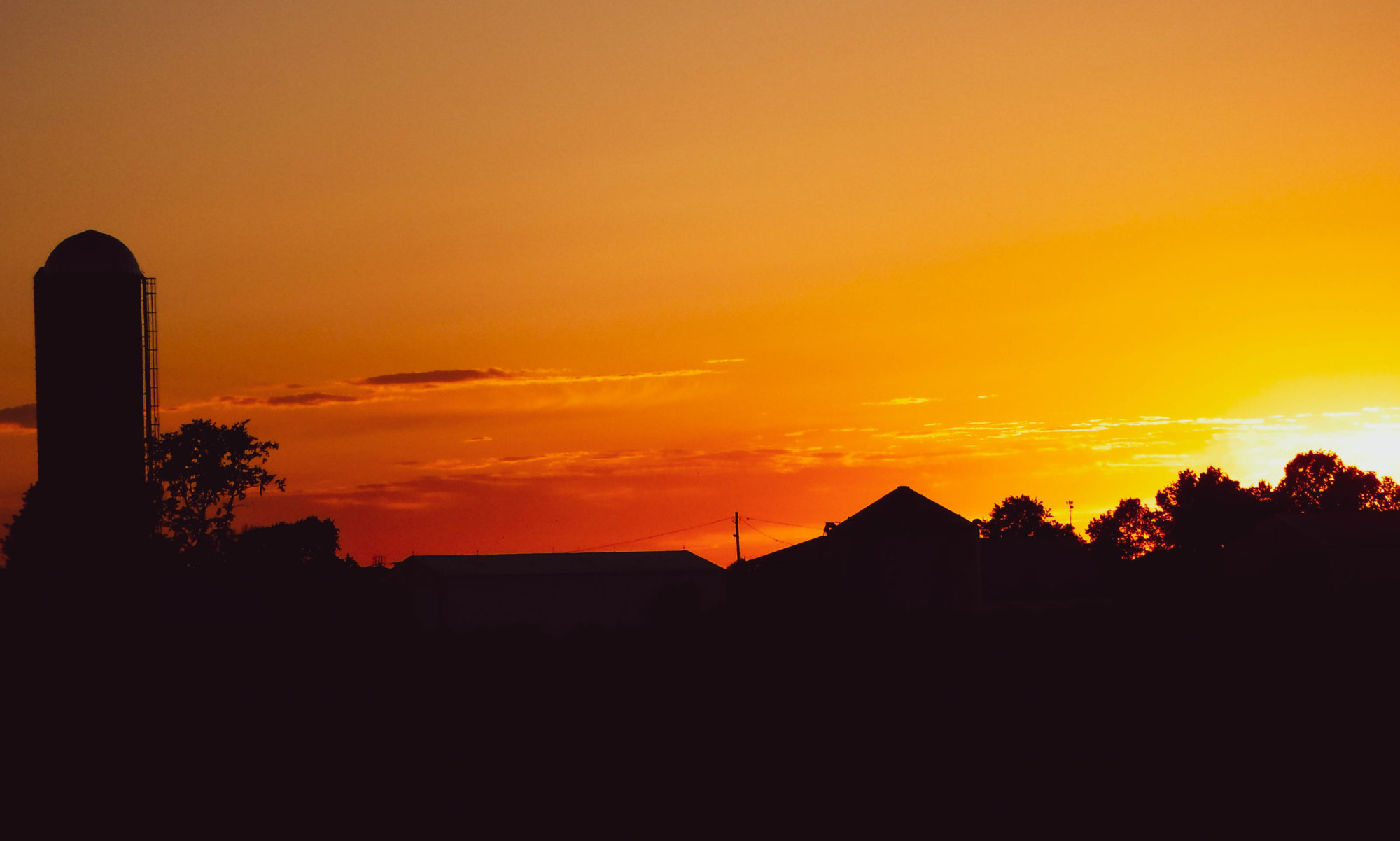I am attending the SPJ national conference this week in Las Vegas, and one of the highlights today was a briefing on media law that was scarier than any horror novel I’ve written. While I generally do travelogues for my Patreon, I decided this was more relevant to my nonfiction blog here, so you get my summary of the annual media law roundup offered by several media lawyers at the conference.
Have you ever wondered why so many news organizations repeat phrases like “repeating the false claim that the 2020 election was stolen” or “falsely stated that COVID was caused by flying monkeys”? It’s a relatively new device, one that we usually wouldn’t do because it’s supposed to be neutral language – you get to decide who’s full of it, not us!
Well, it’s been black-letter law for decades that repeating a claim you know to be false can leave you legally liable even if your source is the one saying it, not you. Usually this doesn’t involve presidents, but here we are.
Dominion Voting Systems v. Fox News was a major topic in the roundup. In short, President Trump said Dominion rigged the voting machines, Fox played it like a cheap drum for months, and Dominion sued Fox for $1.6 billion. With a B.
Fox argued that they had a responsibility to report on what Trump and other GOP leaders were saying, which – and I can’t believe I’m saying this – they had a point. People scream and yell about “why do you give these people a platform” and frankly, we’d all love it if the good people of the U.S. of A. would stop electing lying assholes so we could stop talking to them. I have a list.
However, New York Times v. Sullivan established that a news organization has to have displayed “actual malice” toward a public official in order to be liable, i.e. they had to know they were printing false information and did it anyway with the intent of hurting the subject. The key for Fox News was the release of internal memos and communications revealing that they knew it was all false information, but kept running it because it kept moron eyeballs on the screen.
The judge in the case issued a summary judgment that no reasonable person could conclude that the statements were true, which is a rare step judges don’t often take. Fox settled for $787 million, the largest defamation settlement in history. I would have added a copy of the SPJ Code of Ethics stapled to every editor’s forehead, but I wasn’t on the jury.
So in short, Dominion didn’t sue CNN et al, because they said “Trump falsely stated” and didn’t repeat his words as if they were true, but sued Fox because they portrayed information they knew to be false as fact. So expect to see that phrase a whole lot in the coming Presidential Silly Season.
The debate within the profession is now centering on slippery slopes and the line between journalistic responsibility and fact-checking vs. arrogantly taking the voters’ place in determining who should be elected. There is concern that this will have a chilling effect on coverage. We are all stretched tight, we have all interviewed liars, and there will be a strong pull by cash-strapped publications to reduce coverage in controversial topics for fear of defamation suits.
That’s the overt level. The subtle level is that Supreme Court justices Clarence Thomas and Neil Gorsuch indicated interest in overturning Sullivan after a vehemently anti-journalist judge insisted Sullivan makes it too hard for public figures to win defamation suits. Of course, he insisted it was because news organizations are totally controlled by cackling evil liberal cabals (paraphrase) and praised Fox for being owned by “one man and his son.”
The upshot is that if Sullivan was overturned, we could all be sued to oblivion by any public official who didn’t like the reporting on their race. That is… not good for journalism.
Also coming up in media law:
The Marion County Record in Kansas was raided by police – including the home of the publisher, whose elderly mother was so distraught she died the next day. This raid was allegedly because the paper was researching DUI reports for a local restaurant owner (whose DUI would mean her liquor license was illegal), and they had been accused of illegal hacking even though they never published the damn story. It always amuses me that they are quick to accuse us of hacking, since most journos I know have trouble attaching a document to an email. Even if they had done it, the raid was a violation of a boatload of laws requiring law enforcement to subpoena records from journalists, not raid them and confiscate their equipment.
Question asked: What do we do as journalists if police show up with a warrant? First of all, in Illinois we have shield laws, but I’m honestly not sure what I could do. The lawyers say we can tell them they cannot enter, and request speaking to a lawyer before warrant is executed because federal and state laws forbid it. They also acknowledge there’s a bit of privilege there, as a white man in a suit might be listened to and a Black man runs a serious chance of getting shot. (One of the questioners later made this point: “As a Black man in America, my number one rule in any interaction with the police is don’t get shot.”
Also, this is not one isolated incident of police overreach. In multiple cities we have seen these warrants blindly approved by cranky judges (or sometimes magistrate judges who are barely lawyers) and haven’t read the federal Privacy Protection Act, then police go to town. Worse: small independent news organizations rarely have the money to fight these things, which is where organizations like SPJ and other First Amendment advocates come in to help support the legal battle.
Finally, we need better training and education of law enforcement, and even of judges. I will say that in times I’ve seen flagrantly illegal actions of public officials – I have a list – many of them could have passed a lie detector declaring that everything they did was absolutely legal and appropriate. But ignorance of the law is not an excuse, and I have little patience for “systemic antagonism against the concept of journalism” as justification for wildly illegal attacks on the press. Certainly I’d be favor of requiring some kind of education program, but let’s face it: law enforcement is not going to voluntarily seek this training unless required by court order.
Most disturbing: A Black reporter interviewing people on a public sidewalk was arrested and accused of harassing people. A bystander recorded the arrest: the reporter clearly identified himself as a journalist and they arrested him anyway (and threatened the guy doing the recording). We don’t hear about this because it’s journalists, and when we are the subject of violence, no one cares. But it’s happening a lot more than you know.
I have a list.

